WashingtonWise
Host Mike Townsend focuses a non-partisan eye on news and policies from Washington that impact investors, and his guests offer actionable ideas for your portfolio.
Positive Outlook Amid Concerns
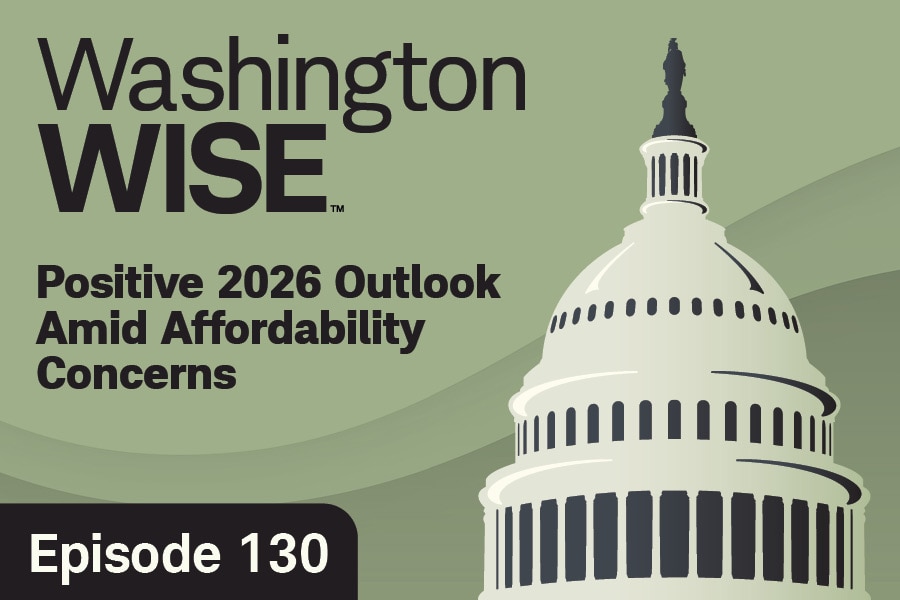
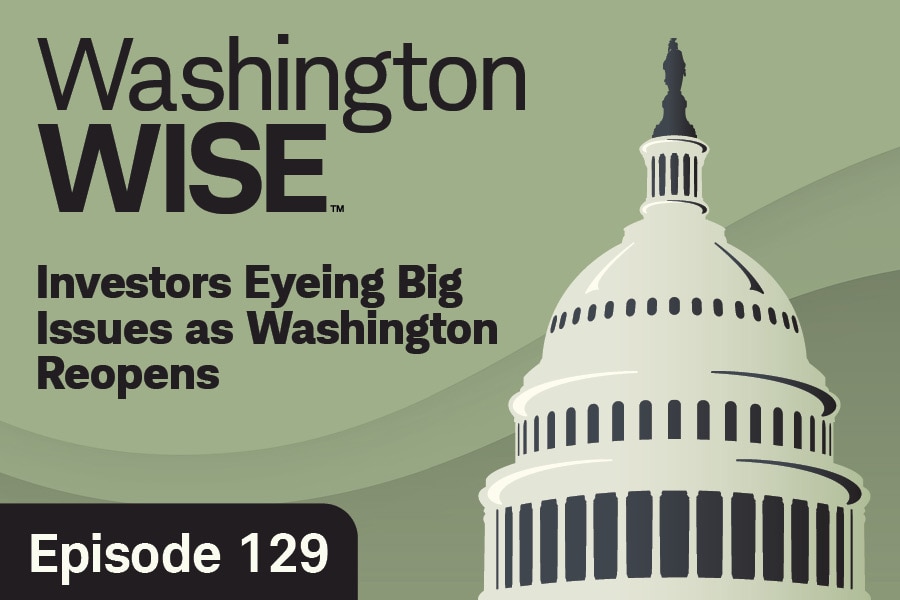
Investors Eyeing Big Issues
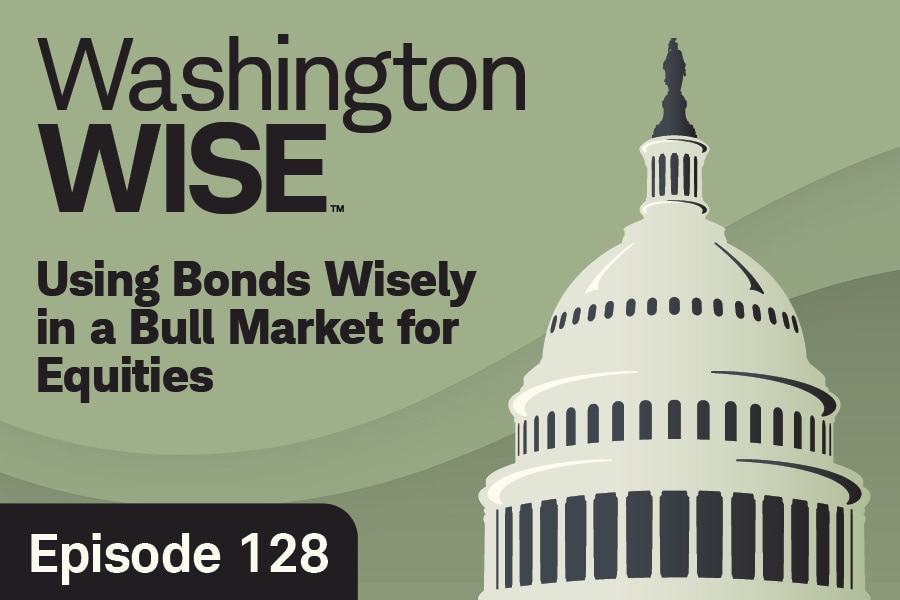
Using Bonds in a Bull Market
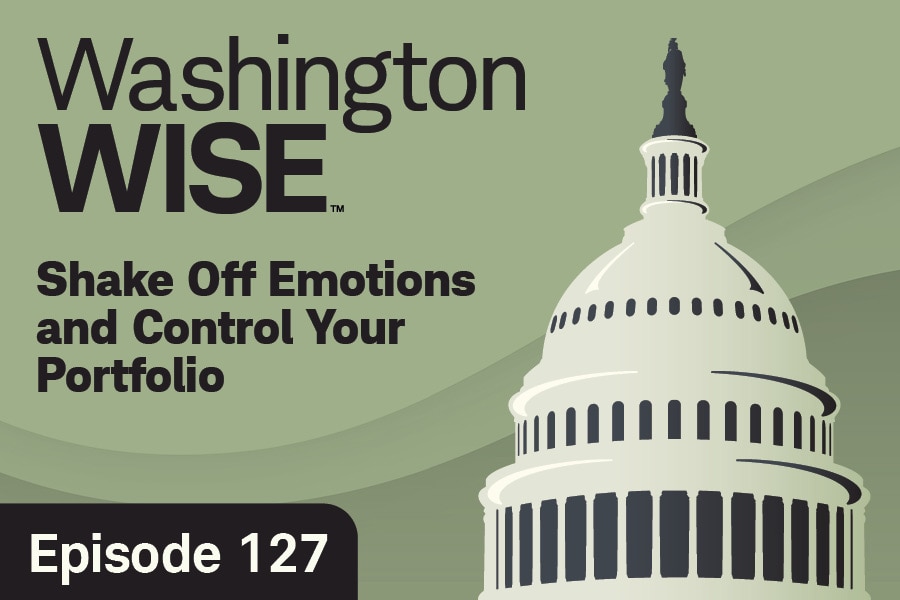
Take Control of Your Portfolio
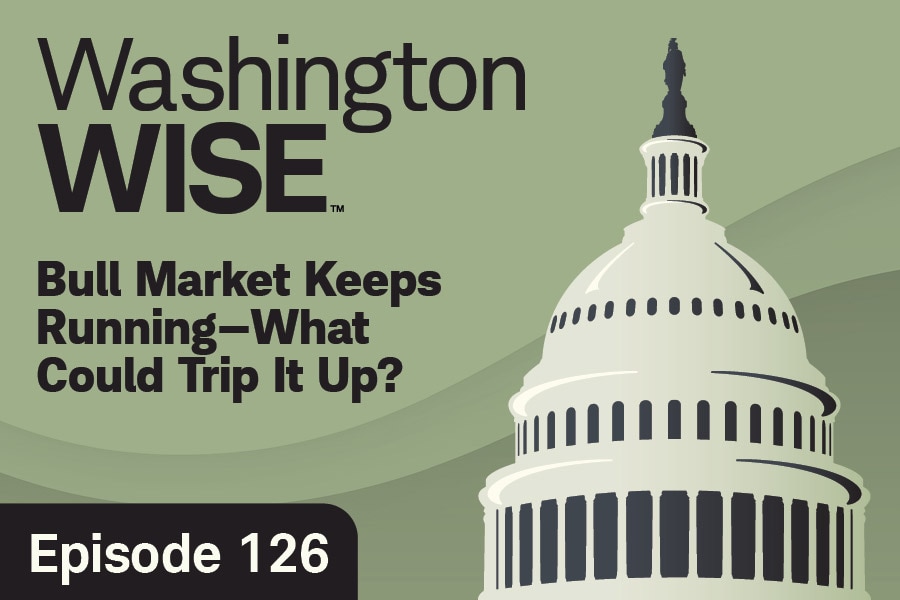
What Could Trip Up Bull Market?
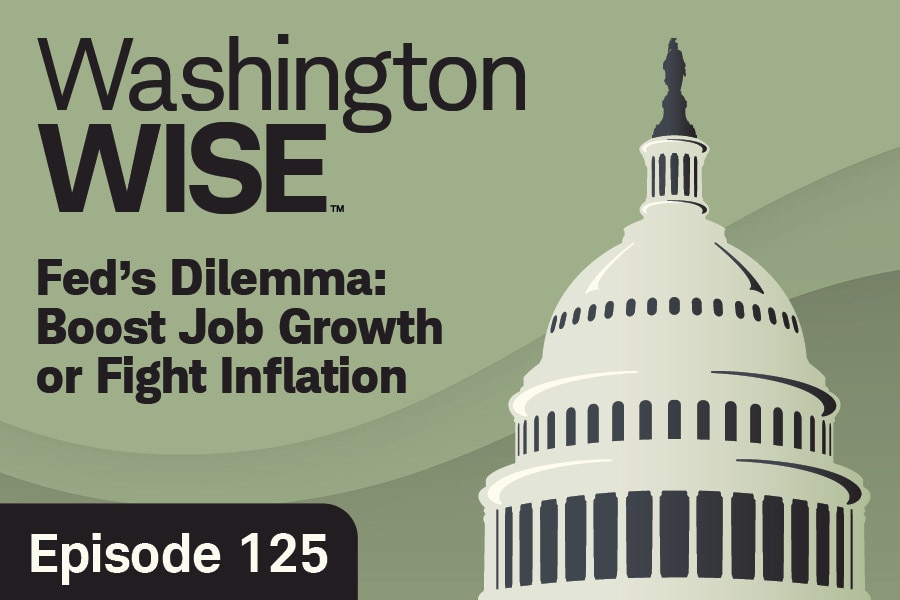
Fed's Dilemma: Jobs or Inflation
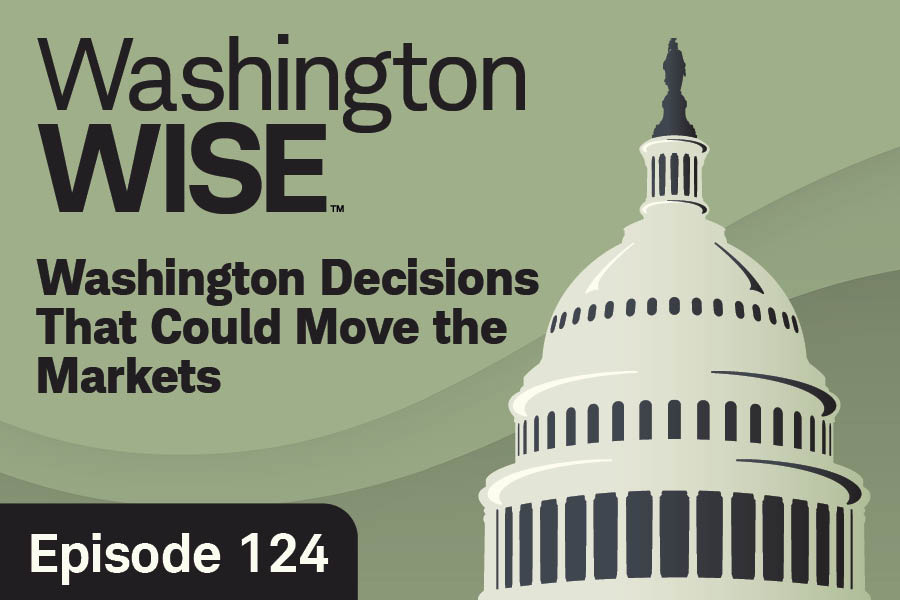
Washington Decisions to Watch

Is Tariff Pain About to Hit?

Crypto Goes Mainstream

Government Policy
One Big Beautiful Bill

Fraud Prevention
The Risk of Financial Fraud
Explore more topics
The information provided here is for general informational purposes only and should not be considered an individualized recommendation or personalized investment advice. The investment strategies mentioned here may not be suitable for everyone. Each investor needs to review an investment strategy for his or her own particular situation before making any investment decision.
All expressions of opinion are subject to change without notice in reaction to shifting market conditions.
Data contained herein from third-party providers is obtained from what are considered reliable sources. However, its accuracy, completeness, or reliability cannot be guaranteed.
Examples provided are for illustrative purposes only and not intended to be reflective of results you can expect to achieve.
The policy analysis provided by the Charles Schwab & Co., Inc., does not constitute and should not be interpreted as an endorsement of any political party.
The information provided here is for general informational purposes only, and is not intended to be a substitute for specific individualized tax, legal, or investment planning advice. Where specific advice is necessary or appropriate, you should consult with a qualified tax advisor, CPA, Financial Planner, or Investment Manager.
Investing involves risk, including loss of principal.
The Schwab Center for Financial Research is a division of Charles Schwab & Co., Inc.
Apple, the Apple logo, iPad, iPhone, and Apple Podcasts are trademarks of Apple Inc., registered in the U.S. and other countries. App Store is a service mark of Apple Inc.
Amazon Music and all related logos are trademarks of Amazon.com, Inc. or its affiliates.
Spotify and the Spotify logo are registered trademarks of Spotify AB.